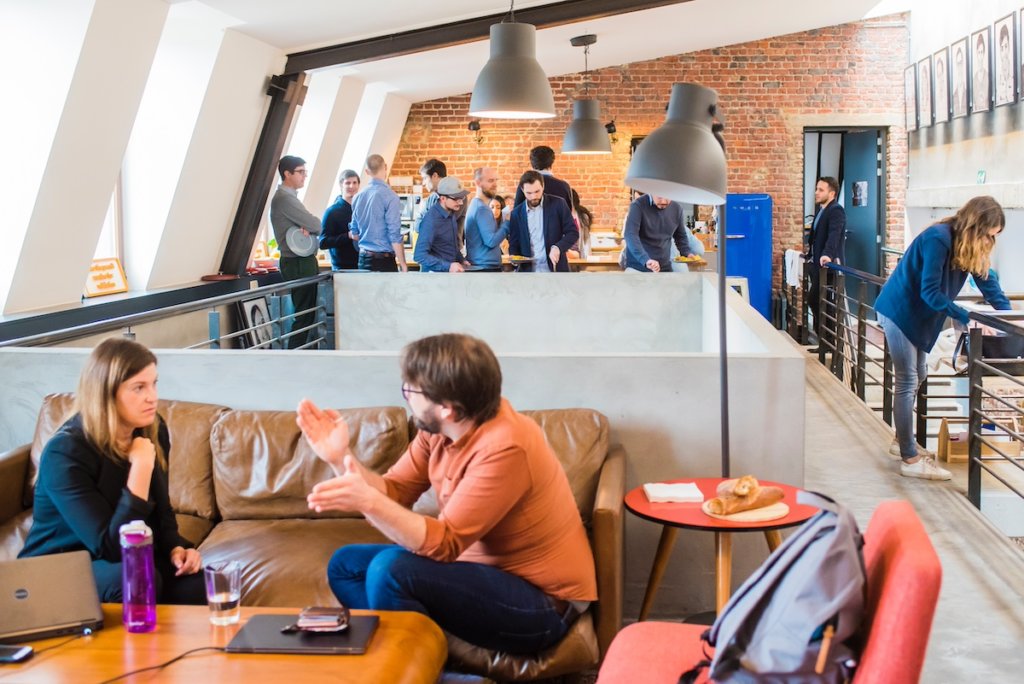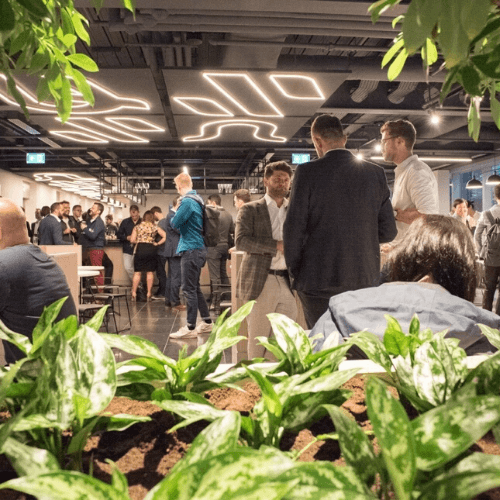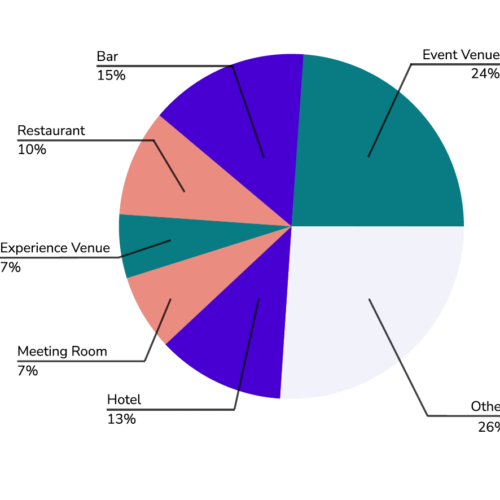
It’s not a surprise that team building events are super important in corporate environments. They improve communication, enhance collaboration, and foster teamwork. In recent years we’ve noticed a noticeable shift in the way team building events are conducted. So, are team building events on the downfall? Or are they actually on the rise and things are just being done differently?
We’ve found that team building events are definitely on the rise. Instead of them being run internally, for an hour or so during the regular work day, people are now hiring venues for an evening of team building or planning entire team away days or retreats that can last the entire day or multiple days. So what’s caused the change?
Changing Work Dynamics:
One of the factors contributing to the decline of traditional team building events is the evolving nature of work itself. With the rise of remote or hybrid work and distributed teams, the model of bringing everyone together for a couple of hours of team building is no longer practical. It makes more sense to spend a little bit more money and time and plan a company offsite where you can bring the entire team together in one place.
Recognizing the Importance of Connection:
Amidst the challenges posed by remote/hybrid work and digital communication, companies are placing a higher premium on building and maintaining strong interpersonal connections among team members. Team building events provide a unique opportunity for employees to interact outside the confines of daily tasks, fostering a sense of camaraderie and solidarity.
Balancing Work and Play:
Organisations are realising the significance of maintaining a balanced work environment. Team building events inject an element of fun and playfulness into the work routine, helping to alleviate stress and prevent burnout. Whether it’s a physical outing, a themed workshop, or a virtual game night, these events contribute to a more enjoyable workplace, positively impacting employee satisfaction and retention.
Individualised Approaches:
Another reason for the decline in traditional team building is the recognition that one-size-fits-all solutions may not be effective. Different teams have different needs and dynamics, and organisations are now tailoring their approaches to team building based on the specific challenges and goals of each group. This individualised approach allows for a more targeted and impactful strategy. This might mean that your customer service team participates in one kind of team building event while your leadership team participates in another.
Tailoring Team Building to Company Culture:
A key driver in the resurgence of team building events is the shift towards tailoring activities to the unique culture and values of each company. Customised events that align with organisational goals and objectives are proving to be more effective in achieving long-term results. This personalised approach ensures that team building is not a one-time event but an integral part of the company’s ongoing strategy.
While traditional team building events may be on the decline, the essence of building strong teams remains as crucial as ever. The evolution in workplace dynamics, the rise of remote or hybrid work, and the recognition of the need for authentic connections have all contributed to a shift in how organisations approach team building. We see more people getting together in groups outside of the office to enjoy fun activities or we see companies planning company offsites that combine brainstorming with team building. As we adapt to these changes, it’s essential to embrace new strategies that align with the realities of the modern workplace, ensuring that teams can thrive and succeed in the ever-evolving business landscape.



